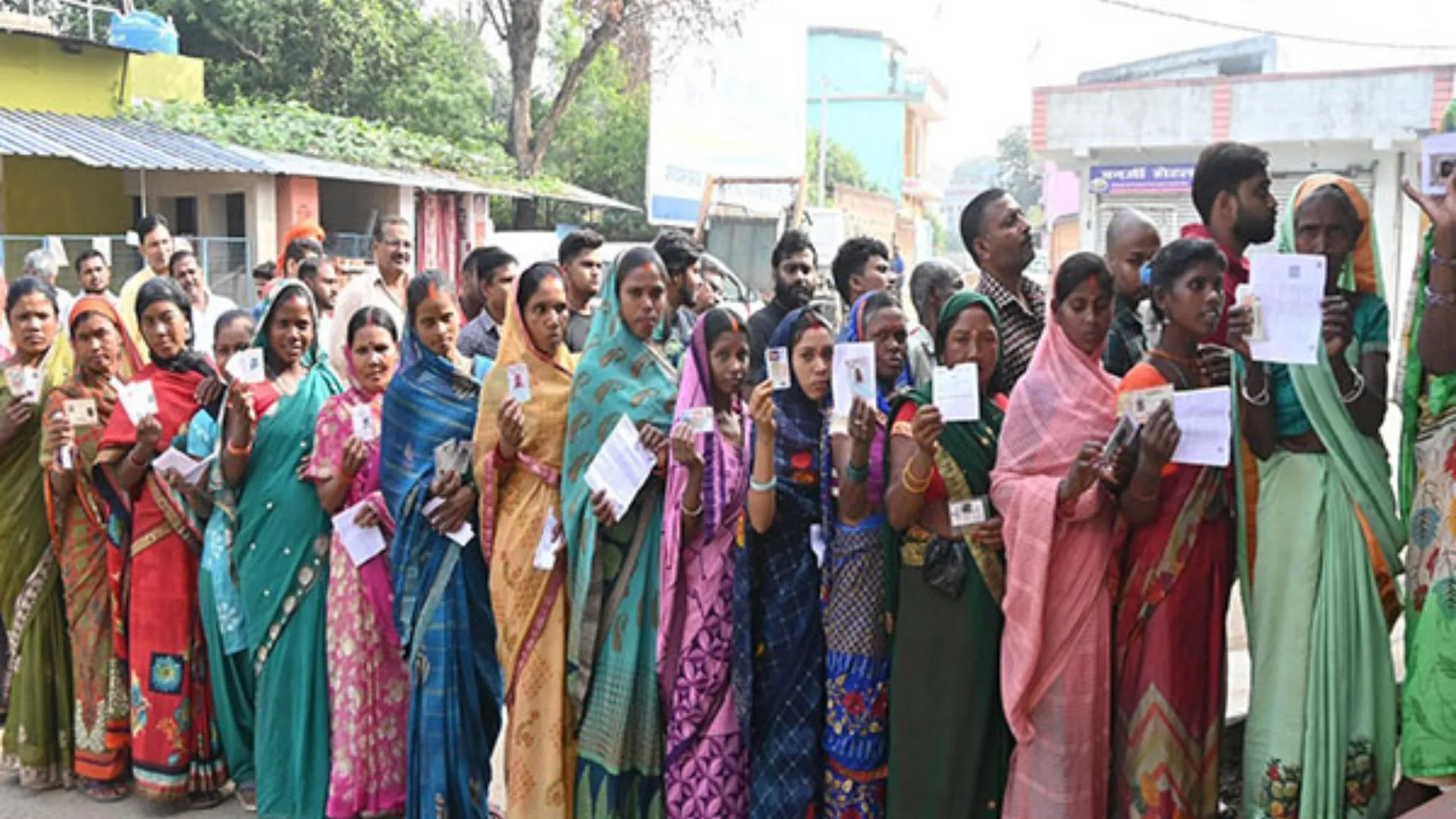Germany’s governing coalition plunged into crisis Wednesday after Chancellor Olaf Scholz fired Finance Minister Christian Lindner, citing a breakdown of trust. Scholz’s decision has thrown the coalition, consisting of his Social Democratic Party (SPD), Lindner’s Free Democratic Party (FDP), and the Greens, into uncertainty, with the FDP now leaving the government.
The move means Scholz no longer has a parliamentary majority and plans to call a confidence vote on January 15, which could pave the way for early elections as soon as March.
The “traffic light” coalition — named after the parties’ colors — has struggled to maintain unity since it formed in 2021. Disagreements have escalated, especially over economic policies to address Germany’s stagnant growth and defense needs. Scholz and the Greens have proposed loosening strict debt limits to boost public spending, while Lindner has pushed for tax cuts and cuts to social programs, even releasing a controversial economic paper that clashed with his coalition partners’ views.
The political tensions intensified after the recent U.S. election, with Scholz stressing that Germany needs a stable government to face global challenges. In a televised address, Scholz said that Lindner’s approach was “not about the common good but serving his party base.” Lindner, meanwhile, accused Scholz of pushing for unsustainable spending.
This crisis adds pressure to Germany’s struggling economy, which is facing high energy prices due to the war in Ukraine, rising defense costs, and the financial impact of hosting 1.5 million Ukrainian refugees. Scholz has signaled plans to work with opposition leader Friedrich Merz of the Christian Democratic Union (CDU) to pass critical legislation in the interim, focusing on the economy and defense.
The far-right Alternative for Germany (AfD) party welcomed the turmoil, calling it a “liberation” and criticizing the coalition’s economic policies. If the confidence vote fails, Germany could face early elections, potentially altering the political landscape ahead of the originally scheduled 2025 elections.
ALSO READ: Khalistani Extremism Targets Hindu Community in Canada: Thousands Protest in Brampton

















